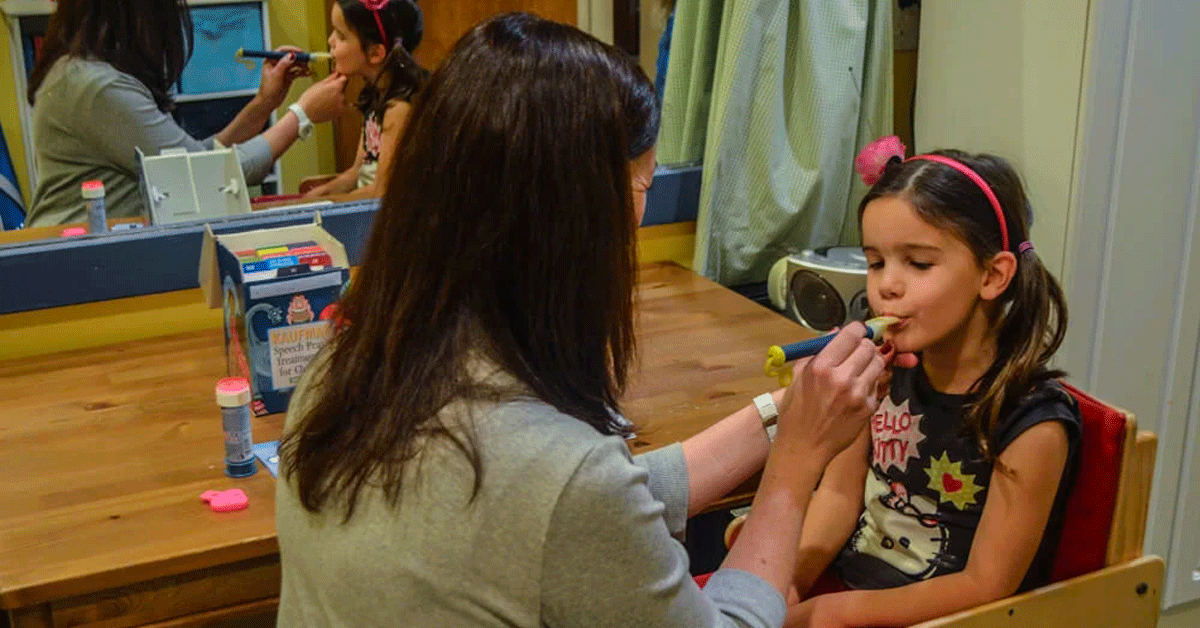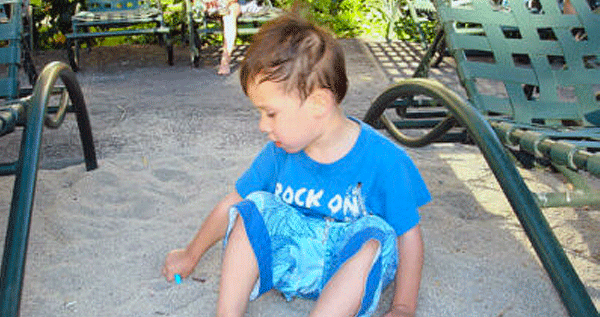Utilizing Telehealth for Genetic Counseling, Assessment, and Intervention
For a year and a half, all birthing families in North Carolina were offered voluntary newborn screening for Fragile X syndrome through an innovative research program known as Early Check. Genetic counseling, developmental surveillance, family support, and early intervention programming are all offered to families whose infant screens positive for FXS or a premutation. In this presentation, hear an overview of how the Early Check team is integrating telehealth models in order to provide families with the necessary information, support, surveillance, and intervention.
Presenters: Anne Wheeler, Beth Boyea, and Katherine C. Okoniewski
Moderator: Robby Miller
Runtime: 51:00
Related Articles
Doggone It … Mantras Are Great for Learning!
Mantras, like positive affirmations, really do have power. Mantras are short, positive, instructive statements full of action words. We use them to quiet the mind and focus on thinking and action.
Video Modeling
Therapy is a fun, creative process – one of the reasons that we have been at this for so long! One of the challenges of being a therapist is staying on top of the ever-emerging intervention techniques that come into our practice and making them work for individuals with FXS.
Teaching Your Child to Ask for Something
One of the most challenging things for my son, Ian, to do is ask another person (not mom or dad) for something — like a favor or request — in an appropriate way. This [...]
Get to Know Your Local Firefighters
Getting to know your local firefighters can help you and your children with Fragile X syndrome in so many more ways than you think. Read about how to engage with them and how it will help your family.
Understanding the Fragile X Learning Style for Better Results
We often remind fellow interventionists and educators time and time again about the many unique aspects of Fragile X syndrome as well as the resources available online and in print.
Strategies for Day-to-Day Life
Mouse and Tracy present day-to-day strategies they've drawn from their evidenced-based practice and knowledge of the neurocognitive development of children with Fragile X syndrome.







